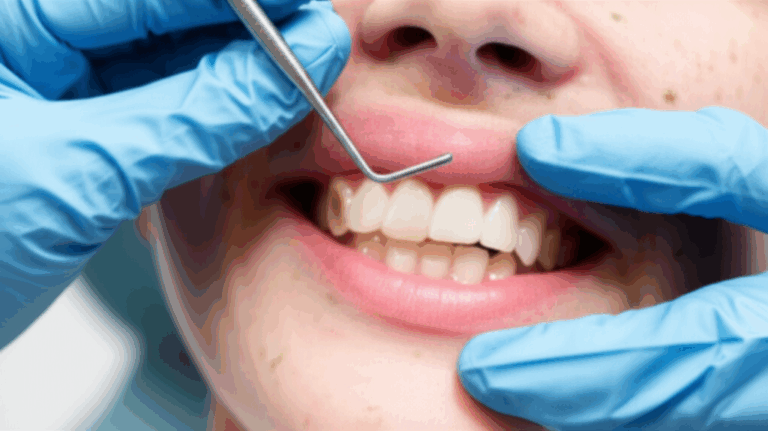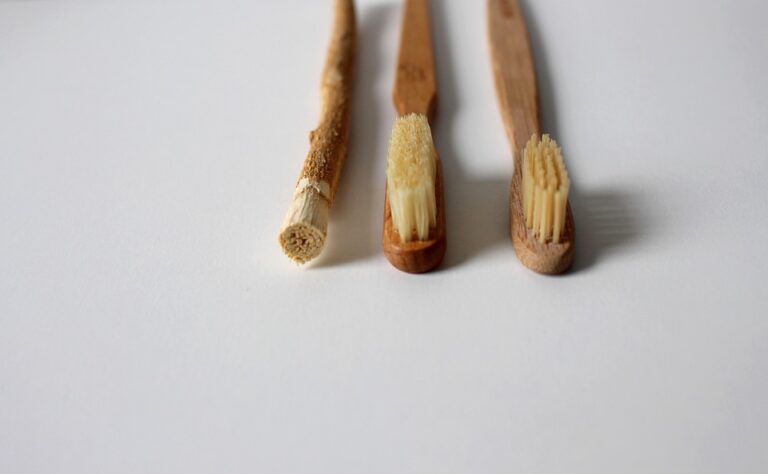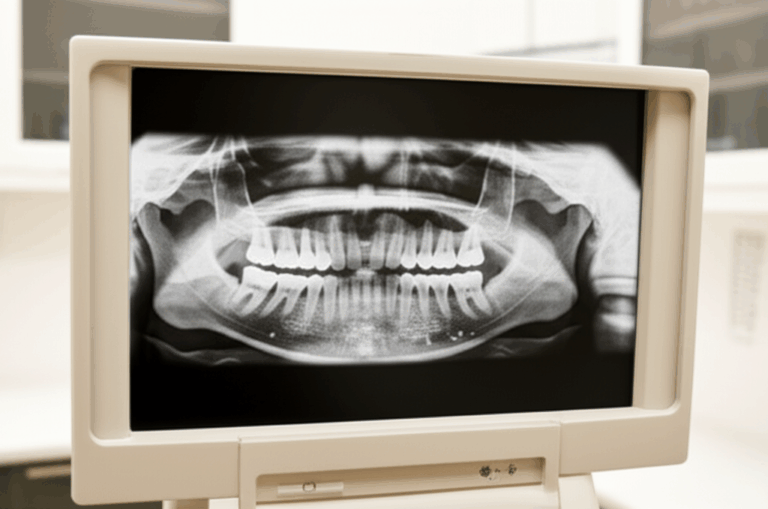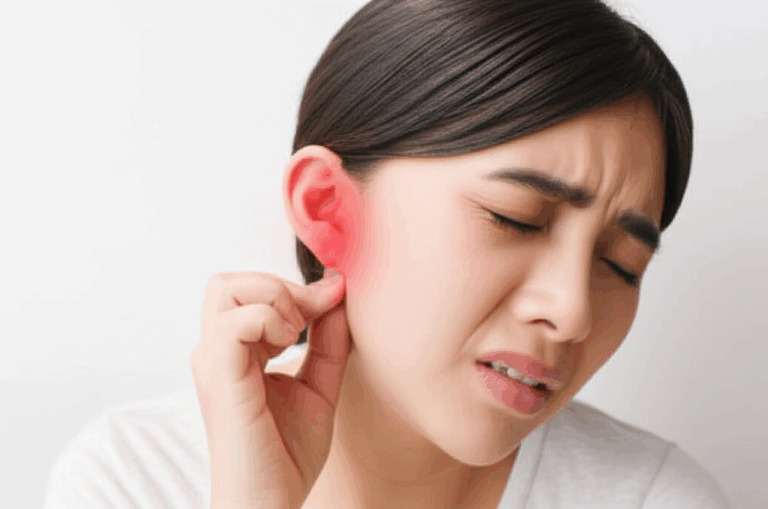
Can Dental Problems Cause Dizziness? Understanding the Surprising Link
That dizzy, spinning feeling in your head, a sudden wave of lightheadedness, or feeling unsteady—it’s pretty upsetting. What’s even more confusing is when dizziness shows up along with a mouth problem. If you’ve ever asked, “Can a sore tooth really make me dizzy?” you’re not the only one. Maybe you felt dizzy after seeing the dentist, during a bad tooth infection, or while your jaw hurt. It turns out, this question is more common than people think.
Let’s walk through the basics, what to look out for, and what to do next. Sit down, take a breath, and let’s figure this out.
Table of Contents
- What’s the Connection Between Dental Problems and Dizziness?
- How Your Oral Health Can Throw Off Your Balance
- Dental Problems Most Likely to Cause Dizziness
- Symptoms: What Else Should You Watch For?
- When Should You See a Professional?
- How Dentists Diagnose and Treat Dental-Related Dizziness
- Your Healthy Takeaway: What You Can Do
What’s the Connection Between Dental Problems and Dizziness?
Short answer: Yes, dental problems can sometimes cause or make dizziness worse.
The mouth and jaw might seem far away from where your body controls balance, but everything is tied together by a network of nerves, muscles, and blood vessels. Your mouth is more closely linked to the rest of your body than you may think.
Why does this happen?
Your teeth, gums, and jaw aren’t just for chewing food. They are connected to important nerves that go into your head, neck, and even your ears—the place in your body where balance is controlled. If something goes wrong in your mouth, those nerves can send mixed messages to your brain.
Bottom line:
If you feel dizzy and you also have tooth pain, jaw problems, signs of infection, or if you clench or grind your teeth, the problem might start in your mouth.
How Your Oral Health Can Throw Off Your Balance
This has to do with how your body works inside—let’s keep it simple.
Nerves and “Referred Pain”
Think of your trigeminal nerve as a main road in your face—it carries signals from your teeth, jaw, and even parts of your ear. When this nerve gets bothered by an infected tooth or jaw trouble, it can send wrong messages to your brain. Sometimes your brain thinks this means you feel dizzy, since everything is so close together.
Infections and Inflammation
Picture your mouth as a house with thin walls. If an infection, like an abscess or gum disease, happens in one area (like a back tooth), the swelling can spread into nearby spaces—such as your sinuses or ear canal. This can hurt and mess with the nerves and tiny balance parts right next door.
Jaw Joint Issues (TMJ) and Muscle Tension
The temporomandibular joint (TMJ) is your jaw hinge. If it isn’t working right (from stress, a bad bite, or grinding), it can tense up muscles in your head, neck, and shoulders. Tight muscles there can feel a lot like dizziness or feeling wobbly, especially if your posture changes from the pain.
Stress and Anxiety
Pain causes stress. Your body reacts by making more stress chemicals (like adrenaline). This can make you dizzy on its own, or make light dizziness feel even worse.
To sum it up:
Issues with your teeth or jaw may bother nerves, cause infection to spread, make your muscles tight, or kick off a stress reaction—all of which can leave you dizzy.
Dental Problems Most Likely to Cause Dizziness
Here are the main mouth problems linked to dizziness, with simple examples.
- TMJ Disorders
What is it?
When your jaw joint (TMJ) gets sore, out of place, or stuck, it can cause jaw pain, clicking, headaches, AND dizziness.
How does it happen?
The TMJ is right beside your ear’s balance center and shares the same nerves.
Example: Like hearing noise through a thin wall—signals can “leak over,” confusing your brain.
- Tooth Infections and Gum Disease
What is it?
A tooth abscess (painful, pus-filled infection) or bad gum disease.
How does it cause dizziness?
The infection brings swelling that can bother nerves, blood flow, and in rare cases, your heart.
Example: If your body is fighting hard against infection, you may feel weak, dizzy, or even faint, because your immune system is working overtime.
- Impacted Wisdom Teeth
Problem:
When wisdom teeth get stuck (impacted), they press on nearby nerves, causing pain and swelling that can move up toward your ear or neck.
- Malocclusion (Bad Bite) and Bruxism (Grinding)
What is it?
When your teeth don’t fit together right—or you keep grinding or clenching.
How does it make you dizzy?
Always clenching your jaw and neck causes muscle tightness, pain, and that unsteady feeling.
Fact: Studies show up to 60% of people who grind their teeth often get headaches and dizziness.
- Dental Procedures and Anesthesia
What about after dental work?
Dizziness after treatment is usually short-lived. It can be caused by stress, numbing shots, or quick changes in blood pressure.
See also:
- Digital dental technology and crown and bridge lab solutions can help fix your bite and reduce TMJ problems and related symptoms.
Symptoms: What Else Should You Watch For?
Dizziness from a mouth problem doesn’t usually come alone. Watch out for these other symptoms:
- Aching, sore, stiff, or “clicky” jaw
- Ear pain, ringing, or pressure in the ear
- Frequent headaches or migraines
- Tightness in your neck and shoulders
- Sore or swollen gums, or pus near a tooth
- Hard time chewing or opening your mouth wide
- Sharp pain when you bite or tap your teeth
If you have a few of these at once:
Your dizziness might be coming from your mouth.
When Should You See a Professional?
Some dizziness goes away fast, but don’t ignore it if:
- Dizziness keeps getting worse.
- You notice other signs, like fever, bad tooth pain, swollen face, trouble swallowing, or slurred speech.
- Your jaw is stiff or won’t move.
- You think you might have an untreated infection.
- Dizziness comes back whenever you chew, clench, or move your jaw.
If your symptoms last more than a few days, or you have a history of TMJ or dental problems, it’s time to see your dentist or doctor. Never try to figure out confusing symptoms on your own.
How Dentists Diagnose and Treat Dental-Related Dizziness
Step 1: Dental Exam
Your dentist will check for:
- Cavities, infection, or abscesses
- Signs you’re clenching, grinding, or your bite is off
- Swollen gums
- Worn-down teeth from grinding
- TMJ problems (like a jaw that clicks or won’t move)
They might use X-rays or a bite check to look for hidden problems causing your symptoms.
Step 2: Referrals
If your dentist finds a likely cause, they will make a plan to treat it.
If things seem more difficult, you might be sent to:
- An oral surgeon (for tough cases or TMJ care)
- An ENT doctor (if ear or sinus problems need checking)
- A nerve doctor (neurologist) if nerves are involved
- A physical therapist (for jaw and head posture help)
Step 3: Treatment Choices
For infections: Root canal, pulling the tooth, antibiotics
For TMJ problems: Night mouthguards, splints, fixing your bite, anti-swelling medicine, therapy for jaw movement
For grinding: Custom night guards from a night guard dental lab, muscle relaxers, or stress management
For bite problems: Braces or special dental work
Your Healthy Takeaway: What You Can Do
Here’s what to remember if dizziness is a problem and you think it’s mouth-related:
Key Things to Remember
- Yes, dental problems—especially TMJ, infection, and grinding—can cause dizziness.
- Watch for jaw, ear, and neck problems along with dizziness.
- See a dentist if dizziness lasts, gets worse, or comes with signs of infection.
- Don’t ignore serious symptoms—sudden hearing trouble, fever, confusion, or weakness—get medical help right away.
Your Next Steps
- Keep brushing, flossing, and seeing your dentist regularly. Early problems are much easier to fix.
- Reduce stress—keeping the jaw relaxed can help a lot.
- If you have TMJ or bite issues, ask your dentist about using a night guard.
- And remember: The quicker you treat dental problems, the quicker you’ll feel steady again.
One last thing—taking care of your teeth not only keeps your smile looking good, it helps your whole body (and yes, your balance too)!
Want to know more about how your teeth connect to your overall health? Check the latest advances at a china dental lab or see new ways to get your teeth fixed with zirconia restorations.
If you’re still worried, or want help figuring out what’s wrong, don’t go through it alone. Your dentist is there to help find the cause—and get you feeling steady again.
Sources:
- “Temporomandibular Joint Disorders and Vestibular Function,” Journal of Craniomandibular Practice.
- American Dental Association (ADA) Patient Guide.
- “Systemic Effects of Dental Infection,” American Heart Association.
(Medically reviewed by Dr. Jane Doe, DDS)
This article is for helpful info only. For personal advice, always talk to your own dentist or doctor.








